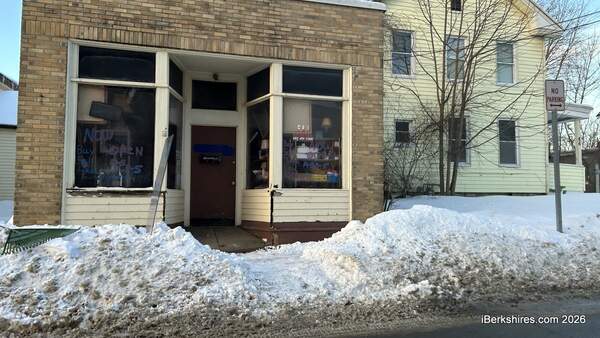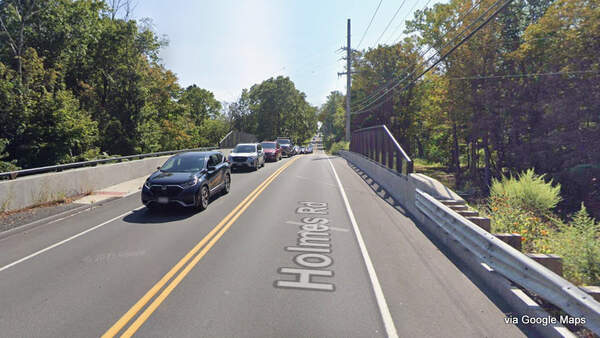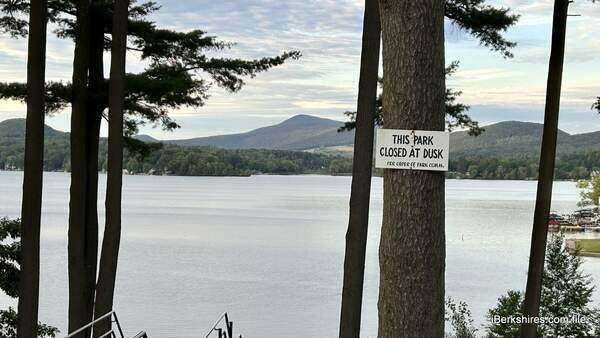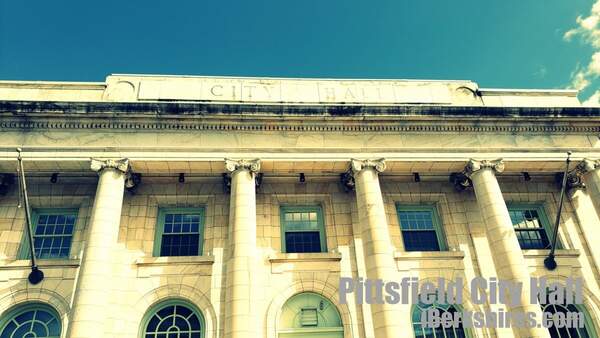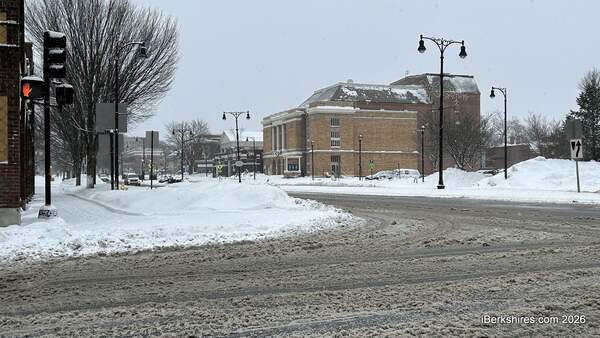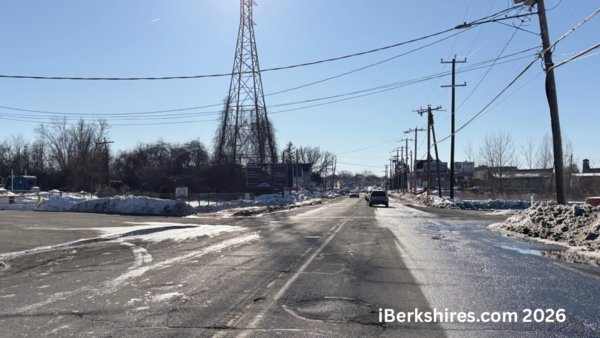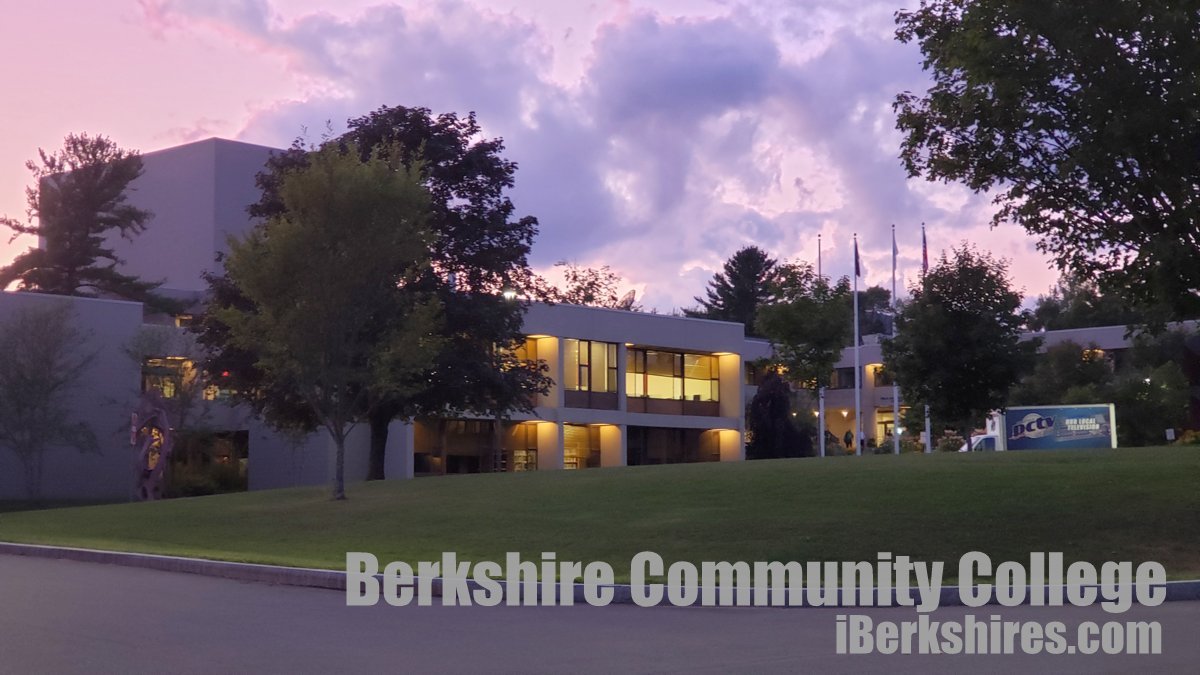
BCC Receives $10M to Remove PCBs From Window Caulking
PITTSFIELD, Mass. — Berkshire Community College received $10 million from the state to remove polychlorinated biphenyl (PCB) contaminated caulking and replace windows on the Koussevitzky Arts Center and Jonathan Edwards Library.
The funds are being provided through An Act Providing for Capital Facility Repairs and Improvements for the Commonwealth, a $3.9 billion capital bond bill passed in 2018.
The college is notably excited about the award, Vice President of Administration & Finance Andrea Wadsworth said, because it will allow BCC to approach its PCB initiative in a holistic manner and honor its commitment to the U.S. Environmental Protection Agency to remove the pollutant.
PCBs were discovered in the college's window caulk over a decade ago when it received funds for another infrastructure project and began work in the buildings' envelops, or exteriors.
Following the discovery, the college began working with the state Division of Capital Assets Management and Maintenance and the EPA to develop a response plan.
"BCC has held true to making sure we deal with this, with every project," Wadsworth said. "But how great of the state to say, 'You know what, this is a priority, and we want to help you make this happen.'"
Since then, the college has remediated buildings as it could and encapsulated the problem areas on the last two buildings to keep the PCBs away from students and staff.
The remaining PCB caulk has a tin barrier around it to prevent contact with people or the air and is monitored annually by a company called Atlas, which has worked with BCC since the PCBs were discovered.
Both the Melville and Hawthorne Halls have received renovations as well as the construction of the One Stop center and the creation of Berkshire Science Commons, which will open in the fall.
So how did the PCBs end up in BCC's windows? The pollutants are an oil-based concentrate and were used to make caulking pliable before there was research on the negative effects of PCBs.
Removing the substance is a serious -- and costly -- business, warranting the $10 million price tag.
"There's a whole monitoring system, we have to make sure it goes in the right containers that are made for the PCB removal, we actually follow it from transport to arrival of its final destination, which is usually across the country," Wadsworth explained.
"And we sign off on it, DCAMM signs off on it, and we actually hire Atlas to monitor that for us so there's a third part that is the oversight that we take very seriously, and how we remove it, and we do it to the letter of the EPA standards."
The polluted caulking is between the panes of glass and the concrete frame of the building and is not exposed to the interior of the building. Regardless, the college got to remediating it right away.
BCC committed to a 10-year plan to rid the campus of the PCBs completely when the EPA became involved.
With the plan, Wadsworth advocated for the cost-prohibitive but necessary undertaking to the state when she began working at the college.
"We were just very fortunate to be in the right meetings with the right people from the state," she said.
"And so as we cost out this project, they were able to find the funds to not only just do one building but to do two, and that's huge for BCC."
Wadsworth said President Ellen Kennedy has been a leader in the effort to get this project done.
If everything goes as planned, the college will likely set up contracts in the fall with a spring 2023 start date. The school will work around classes to make sure that students are not affected by the work and set up pop-up locations for services such as the library if necessary.
Tags: BCC, PCBs,

